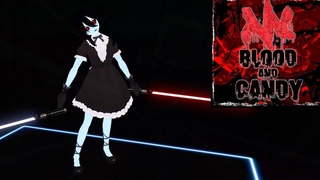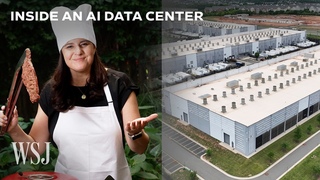What is CRISPR?
In this video Paul Andersen explains how the CRISPR/Cas immune system was identified in bacteria and how the CRISPR/Cas9 system was developed to edit genomes.
Do you speak another language? Help me translate my videos:
Music Attribution
Intro
Title:
Artist: CosmicD
Link to sound:
Creative Commons Atribution License
Outro
Title: String Theory
Artist: Herman Jolly
All of the images are licensed under creative commons and public domain licensing:
Adenosine. (2009). English: Artistic rendering of a T4 bacteriophage. The colours grey and orange do not signify anything, they are just used to illustrate structure. Created for Wikipedia. Retrieved from :
E. coli Bacteria. (n.d.). Retrieved February 17, 2016, from
Fioretti, B. F. Hallbauer &. (2015). English: Director, Max Planck Institute for Infection Biology, Department of Regulation in Infection Biology. Visiting professor The Laboratory for Molecular Infection Medicine Sweden MIMS; Retrieved from :
Foresman, P. S. ([object HTMLTableCellElement]). English: Line art drawing of a chimera. Retrieved from :Chimera_(PSF).jpg
Magladem96. (2014). English: Picture of DNA Base Flipping. Retrieved from :
project, C. wiki. (2014). English: Crystal Structure of Cas9 bound to DNA based on the Anders et al 2014 Nature paper. Rendition was performed using UCSF’s chimera software. Retrieved from :
Providers, P. C. (1979). English: Photomicrograph of Streptococcus pyogenes bacteria, 900x Mag. A pus specimen, viewed using Pappenheim’s stain. Last century, infections by S. pyogenes claimed many lives especially since the organism was the most important cause of puerperal fever and scarlet fever. Streptococci. Retrieved from :
RRZEicons. (2010). English: zipper, open, close. Retrieved from :
UC Berkeley. (n.d.). Gene editing with CRISPR-Cas9. Retrieved from




![Jay Z FINALLY Reveals His Secret To Success [EYE-OPENING]](https://sun9-37.userapi.com/5ICCqug6f2CXxvODjLZZ2Yav8aO_NB4VBiCwLQ/mXddZDhacrc.jpg)


















